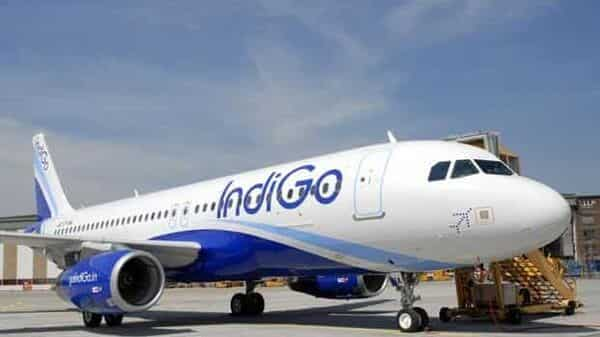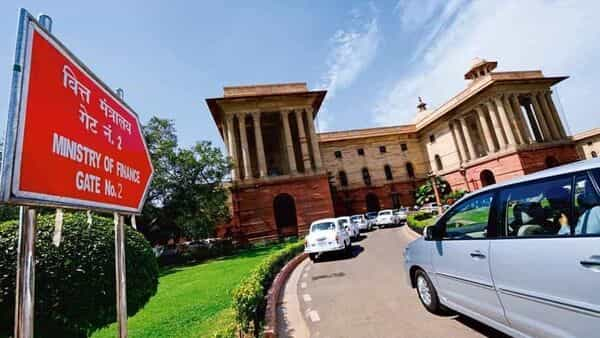[ad_1]
InterGlobe Aviation Ltd, which runs India’s largest airline IndiGo, expects travel demand in India to be robust but is concerned about challenges such as supply-chain disruptions, high fuel prices and exchange rate volatility.
“One of the key after-effects of the pandemic in the aviation industry is the supply-chain disruptions in aircraft manufacturing, spare engines worldwide. This has impacted our operations due to grounding of aircraft and has impacted our ability to deploy capacity productively,” chief executive Pieter Elbers told analysts in his maiden post-earnings conference call at IndiGo.

View Full Image
The airline on Friday posted its third straight quarterly loss at ₹1,583.3 crore in the September quarter, a traditionally weak quarter for air travel. It reported a loss of ₹1,435.65 crore in the year-ago period. IndiGo reiterated that high fuel prices and adverse foreign exchange movement continue to be headwinds for its earnings ahead.
The disruption in the supply of aircraft, engines, and other spare parts has impacted airlines globally, and the Indian market is no exception.
More than 35 aircraft, or more than 12% of the airline’s fleet, have been grounded for at least seven days, a data analysis by Mint from Flightradar24 showed.
IndiGo has a 58% domestic market share.
The airline is analysing options to mitigate the shortfall in capacity deployment, such as slowing down redeliveries through lease extensions, exploring the reinduction of aircraft into the fleet and evaluating the wet lease options, Elbers said.
As of 30 September, the fleet size of IndiGo stood at 279 aircraft, compared with 281 aircraft as of 30 June and 279 as of September last year.
The airline expects to increase capacity by 13-17% in FY23 from the pre-covid level. As of December 2019, IndiGo had 257 aircraft.
Fuel expenses for the airline rose to ₹6,257.9 crore for the September quarter from ₹1,989.4 crore in the year-ago period, and it suffered a foreign exchange loss of ₹1,201.5 crore.
Yield, or the average revenue per paying passenger flown per km, improved by 21% to ₹5.07 per km from a year earlier, and revenue per available seat-km was also up by 27% to ₹4.57.
“If you exclude forex, then you will see some positive story in the operational performance. When you look at short-term hedging, it does look very attractive from an outcome standpoint, but it does have an implication in terms of volatility,” IndiGo chief financial officer Gaurav Negi said.
“If things are too volatile, then one can actually be hit by hedging costs, which are disproportionately larger, especially given the volatility which is there in fuel and, to some extent, in foreign exchange side also,” Negi said, adding that for now, the airline’s internal assessment suggests that hedging will be expensive and would not be the best instrument for IndiGo to secure its position for now.
Separately, the airline also expects some relief from the new mechanism for pricing jet fuel.
The ministries of civil aviation and petroleum, airlines, and oil marketing companies have held discussions on linking jet fuel pricing to the global benchmark index MOPAG (Mean of Platts Arab Gulf), and more transparency will emerge in aviation turbine fuel pricing going forward, Negi added.
Nonetheless, the largest airline remains bullish on demand on the back of a strong recovery in travel during the current festive and holiday season and corporate business, and expects the trend to continue in the fiscal fourth quarter as well.
While fuel and forex continue to pose headwinds, we are reasonably confident that we will return to operational profitability in the December quarter, Negi added.
Download The Mint News App to get Daily Market Updates & Live Business News.
[ad_2]
Source link
John Miller has been writing about science, gaming, and tech culture for over a decade. He’s a top-rated reviewer with extensive experience helping people find the best deals on tech and more.


